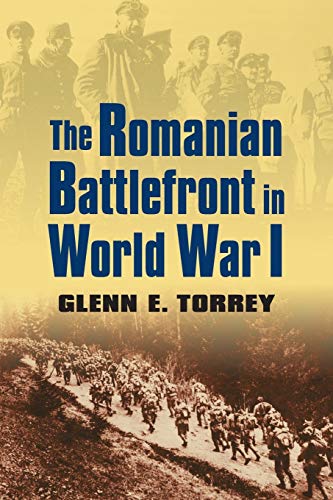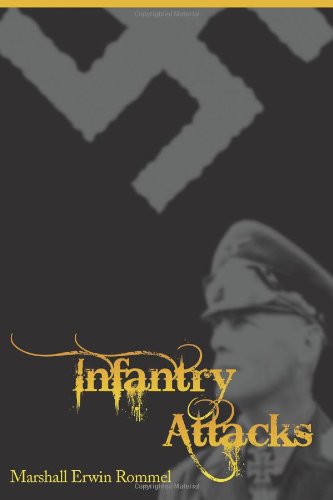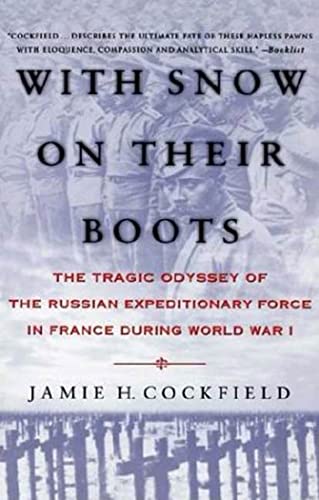What are
/r/TheGreatWarChannel's
favorite Products & Services?
From 3.5 billion Reddit comments
The most popular Products mentioned in /r/TheGreatWarChannel:
The most popular Services mentioned in /r/TheGreatWarChannel:
Patreon
Forvo
Wikiwand
Netflix
IMDb
Audible
The New York Times
Prezi
The Guardian
Academia.edu
The most popular reviews in /r/TheGreatWarChannel:
The R.VI equipped two Luftstreitkräfte (Imperial German Army Air Service) units, Riesenflugzeug-Abteilung (Rfa) 500 and Rfa 501, with the first delivered June 28, 1917.
The units first served on the Eastern Front, based at Alt-Auz and Vilua in Kurland until August 1917. Almost all missions were flown at night with 770 kg (1,698 lb) bomb loads, operating between 6,500 and 7,800 feet (2,000 and 2,400 m) altitude. Missions were of three to five hours' duration.
Rfa 501 was transferred to Ghent, Belgium, for operations against both France and Great Britain, arriving September 22, 1917, at Sint-Denijs-Westrem airdrome. Rfa 501 later moved its base to Scheldewindeke airdrome south of group headquarters at Gontrode, while Rfa 500 was based at Castinne, France, with its primary targets French airfields and ports.
Rfa 501, with an average of five R.VI's available for missions, conducted 11 raids on Great Britain between September 28, 1917, and May 20, 1918, dropping 27,190 kg (27 long tons; 30 short tons) of bombs in 30 sorties. Aircraft flew individually to their targets on moonlit nights, requesting directional bearings by radio after takeoff, then using the River Thames as a navigational landmark. Missions on the 340-mile (550 km) round trip lasted seven hours. None were lost in combat over Great Britain (compared to 28 Gotha G bombers shot down over England), but two crashed returning to base in the dark.
Four R.VI's were shot down in combat (one-third of the operational inventory), with six others destroyed in crashes, of the 13 commissioned during the war. Six of the 18 eventually built survived the war or were completed after the armistice.
Source here
Very well done. But as a Serb, I just have to point out two minor mistakes regarding serbian names used.
1) It is not Vel*i*jko Čubrilović, it is Veljko Čubrilović.
2) In surname Princip, "c" is pronounced as "zz" in pizza, like "Prinzzip". The way Indy keeps pronouncing it just sounds weird.
The audio book is a trip. The diary of a German soldier read by a British man with a super strong accent. Check out the sample audio.
https://www.audible.com/pd/Bios-Memoirs/The-Storm-of-Steel-Audiobook/B003I6913K
oh shit, this video is a month old and the campaign is over. Good news is that they achieved 292% of their funding goal. So its happening!
Still though, here is their patreon https://www.patreon.com/CandRsenal?ty=h
Hello, I'm a bot! The movie you linked is called The Wipers Times, here's some Trailers
Thank you so much! We are definitely working on introducing merchandise, it might still take a little while though. But we are very thankful for any support on our Patreon funding page: https://www.patreon.com/thegreatwar?ty=h
There is a biography out there that suggests that Lawrence was a loyal officer to the British Empire and remained so. The book suggests he was seriously impacted by the war. It's been years since I read it. The book is found here: "Hero: The Life and Legend of Lawrence of Arabia" by Michael Korda.
The boy is a regimental mascot. There are alot of photos of him from the Marseilles landing and the parade in Paris because he was something of a media sensation at the time. Notice how they have him cheating out to the camera while most of the formation maintains ranks.
An excellent resource to learn more about the tragic history of the Russian Expeditionary Force (REF) is the book: With Snow on Their Boots by Jamie Cockfield
https://www.amazon.com/Snow-their-Boots-Odyssey-Expeditionary/dp/0312173563
I read a book once, War Underground by Alexander Barrie
I gonna try paraphrase some memories of that book:
The British had this idea that they could tunnel underneath the german trenches, plant a bunch of explosives and blow the whole area up.
As their tunnels got closer to the enemy, one day, a section of the British trenches blew up. The Germans had thought of it earlier and had been already hard at work.
One time, a British sapper's shovel struck wood. Hunh? He cleared away the dirt and exposed the wood-lining of one of the German tunnels. There was drama after that and I can't recall the details, but he made his way back and carefully put the german planks back and reported back.
Another time, a section of trenches were blown up... they used so much explosives for these blasts that clods of earth were still dropping to the ground minutes after the blast.
The tunnels became incredibly complex. Multiple layers of tunnels going down and across... with higher tunnels branching toward enemy trenches to try to listen and intercept. And deeper tunnels trying to get underneath the enemy trenches.
The British would sally forth after one of these blasts ready to fight to the death... only to find Germans staggering around... no gun, with blood coming out their ears. British soldier just had to put his arm around the german and say "there there, the war's over for you now" and take him prisoner.
As best as I can recall... could be time to read that one again :o
yes, ALoTO was set during the second war. that sort of thing happened in both wars tho, and i was using it as an example.
larger than life figures going to war zones and not returning? yeah, there's plenty. there's already been an episode or two about celebrities in the trenches, but here's some more info on that
Yes I'm well aware that pronounciation is a tough topic, especially for French. I am living in Berlin like you guys and you should hear me speaking German. :) So no worry, I was just really happy to hear his name said right, but it's true that for cities and places, I sometimes have to rewind to get what you guys are currently talking about.
On this link you can hear how to say Joffre. It kinda breaks the flow for an English speaker because you have to stop to speak before the end of the word, but even if Indy can't make it, at least now you've heard it the correct way.
Decimation was very much a real thing. I don't have source with me, but there's a particularly (in)famous case where one of the man chosen said he had nothing to do with it (the mutiny) and was a father of seven - why was he punished? He and the rest that were picked were shot.
I did a quick search, try this article. I didn't read it, but I noticed it mentiones decimation:
https://www.academia.edu/5954214/Discipline_in_the_Italian_army_1915-1918
Edit: Page 11. I am finding it quite hard to read...horrible.
There’s a book call “Siam and World War 1: An International History” by Stefan Hell that just came out a few days ago (16 Oct 2017.) However, I don’t know how credible and accurate it is because I have not read it yet, but it does look interesting.
Here’s the Amazon link: https://www.amazon.com/Siam-World-War-International-History/dp/6167339929
For a book in Thai though, I haven’t heard about any coming out recently, but I’ll take a look around. Not big on Thai language books even though I’m Thai.
If it in any way increases your chances of starting a WW2 series in 2019 (Which I'd adore to see) you may want to check out this particular book- I'd imagine it would be an invaluable source for a youtube project of this type: https://www.amazon.com/2194-Days-War-Illustrated-Chronology/dp/0831788852
> while others just smoke cigars to cover the smell.
This is actually something that is done by many homicide detectives and police officers in many cities. It's one of the reason many of those detectives smoke cigars or pipes (especially smelly ones). I read about in What Cops Know by Connie Fletcher, but I've seen it in other sources too. The dreaded "funny smell" call sometimes prompts them to stop by to get cigars on the way to the scene.













